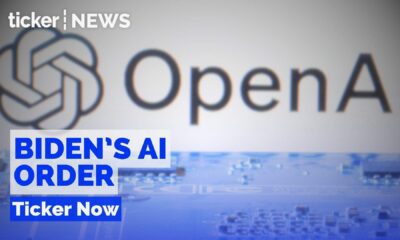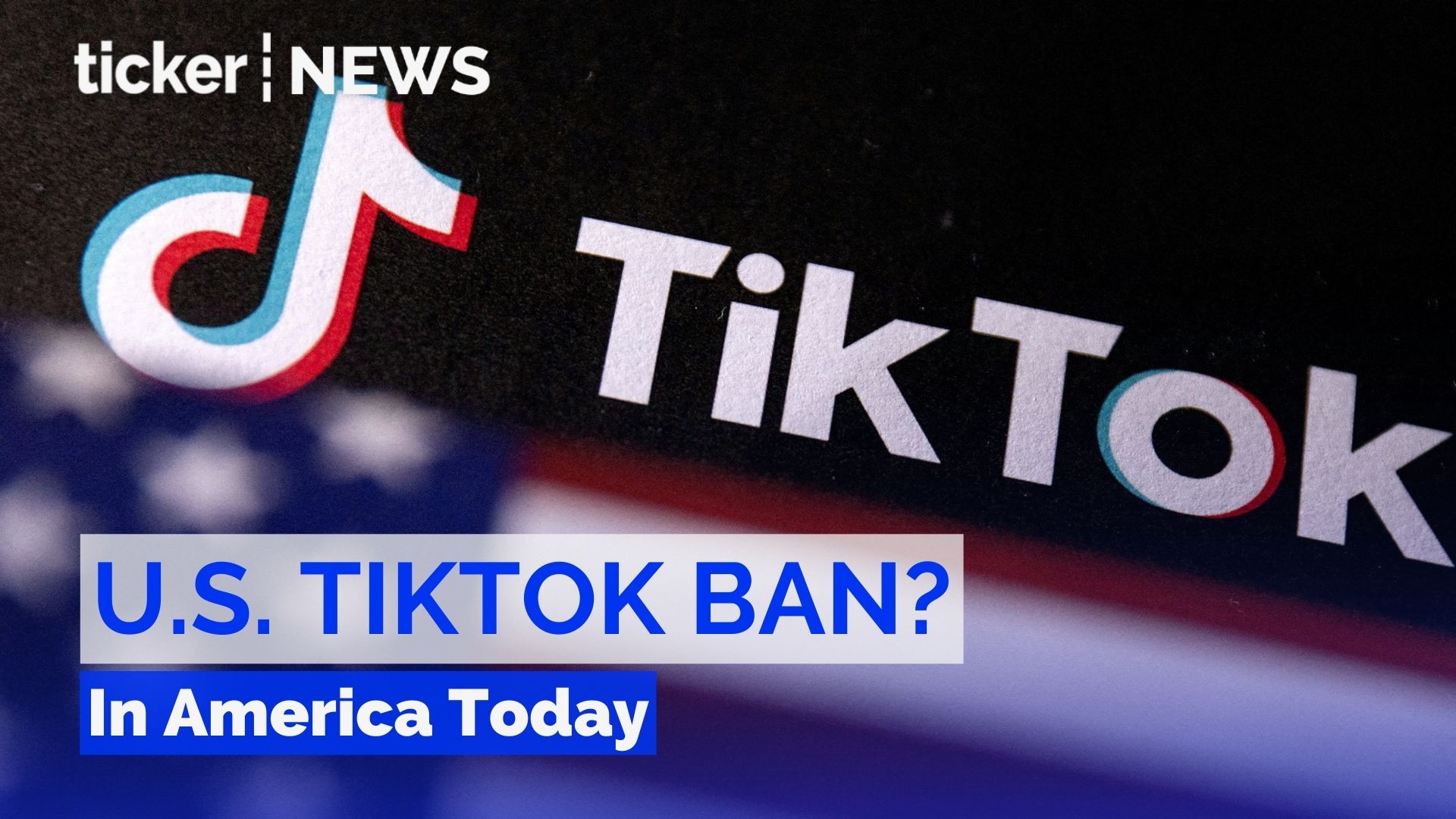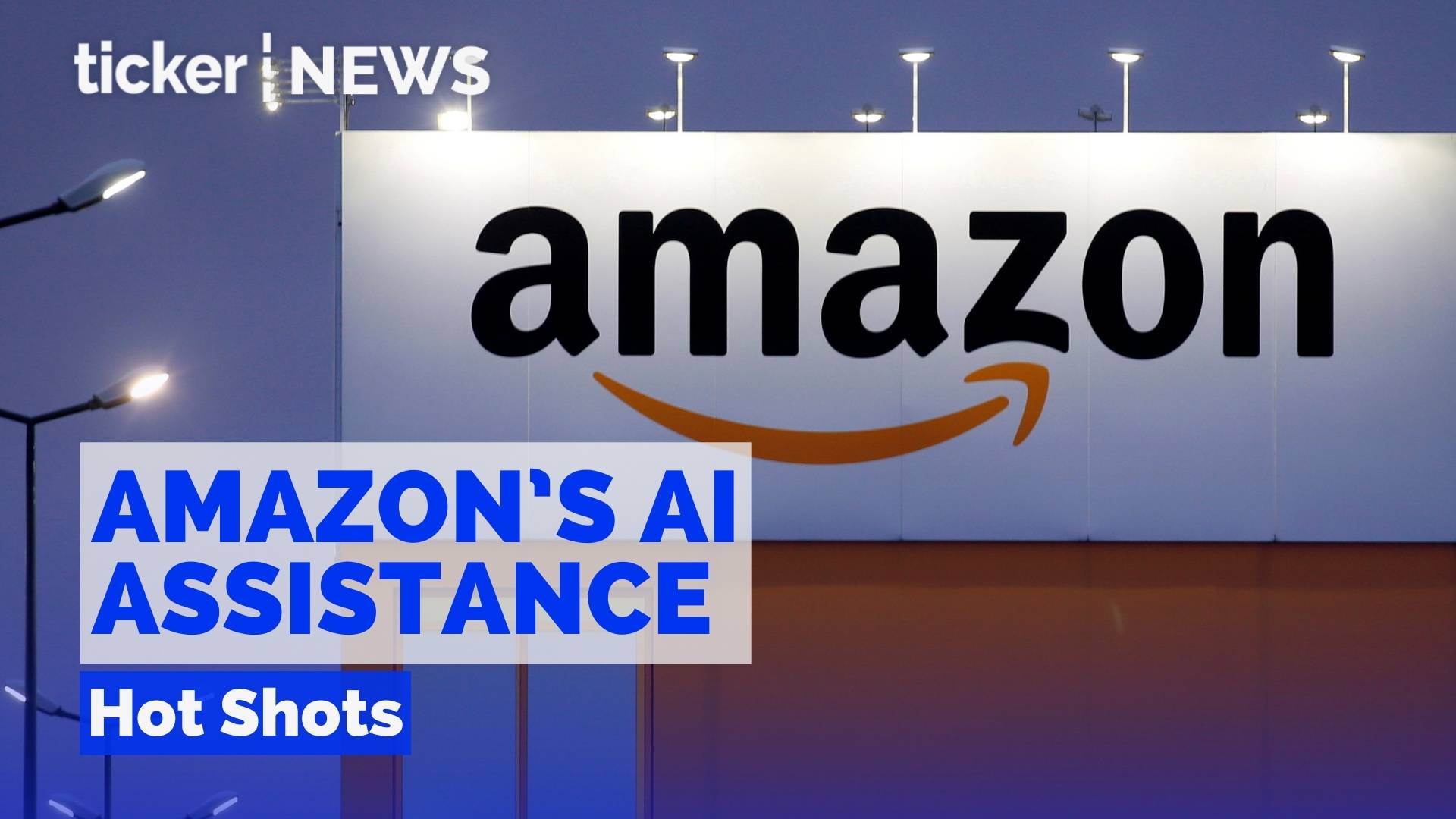The much-discussed potential showdown between tech moguls Mark Zuckerberg and Elon Musk appears to be losing steam.
In a recent development, Zuckerberg stated that it’s time to abandon efforts to arrange the proposed cage match, asserting that Musk “isn’t serious” about the idea.
Zuckerberg took to social media platform Threads, asserting, “I think we can all agree Elon isn’t serious and it’s time to move on.” He recounted the progression of events, noting his genuine offer, UFC President Dana White’s involvement for a charity match, and Musk’s evolving stance, including the suggestion of a practice round in Zuckerberg’s backyard.
The Facebook founder expressed his readiness to engage in legitimate competition, highlighting the importance of facing opponents who take the sport seriously.
X vs Meta
Although Musk has not responded to Zuckerberg’s recent comments, his own previous statements seemed to point toward a more substantial event. Over the weekend, on his platform X (formerly known as Twitter), Musk shared additional details about the proposed fight.
He indicated that the event would be organized by their respective foundations, with the livestream accessible through the X platform and Meta. Musk also mentioned that the fight’s setting would evoke ancient Rome, an arrangement discussed with Italy’s Culture Minister Gennaro Sangiuliano.
Despite this, the fight’s viability remains uncertain. Musk previously cited medical reasons for potential delays, hinting at the possibility of surgery. This backdrop casts doubt on the true seriousness of the event.
The notion of a face-off initially emerged when Musk responded to a tweet about Zuckerberg’s Thread release.
Musk jokingly suggested a cage match, prompting Zuckerberg to seemingly accept the challenge. The banter led to discussions about venues and arrangements, creating a buzz online.



 Docos3 days ago
Docos3 days ago


 Shows3 days ago
Shows3 days ago


 News3 days ago
News3 days ago


 Money3 days ago
Money3 days ago


 Shows4 days ago
Shows4 days ago


 News2 days ago
News2 days ago


 News3 days ago
News3 days ago


 News2 days ago
News2 days ago








